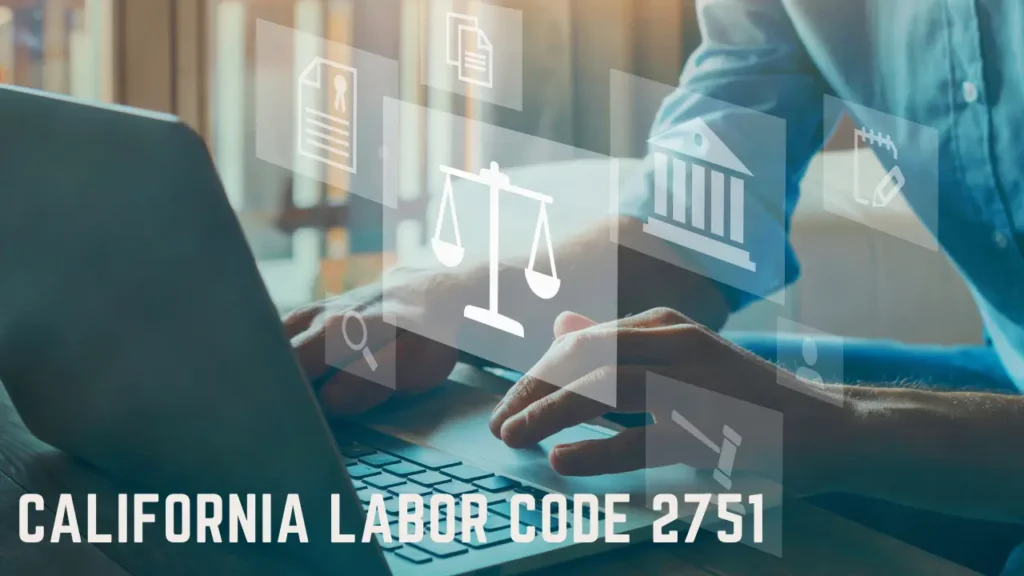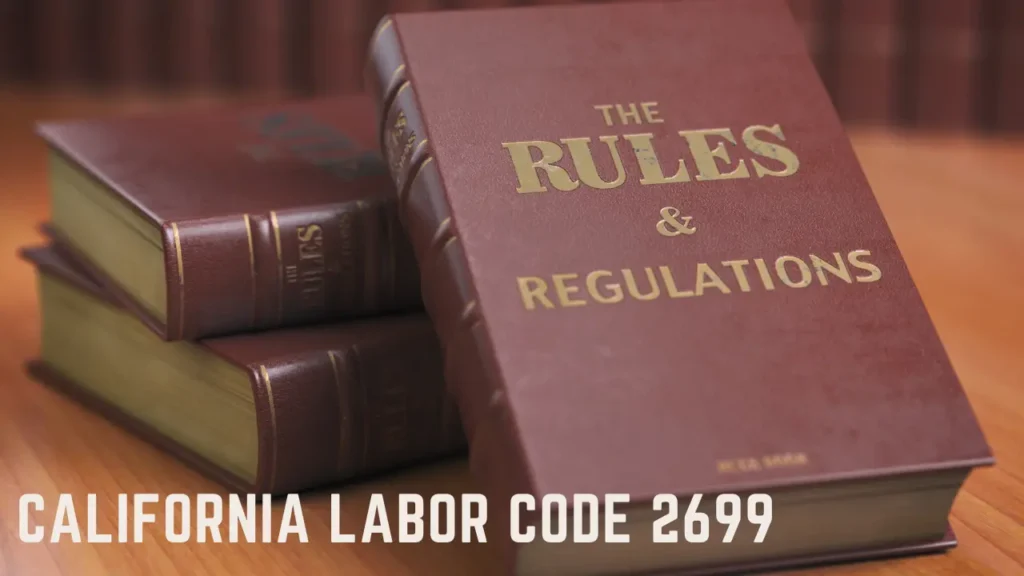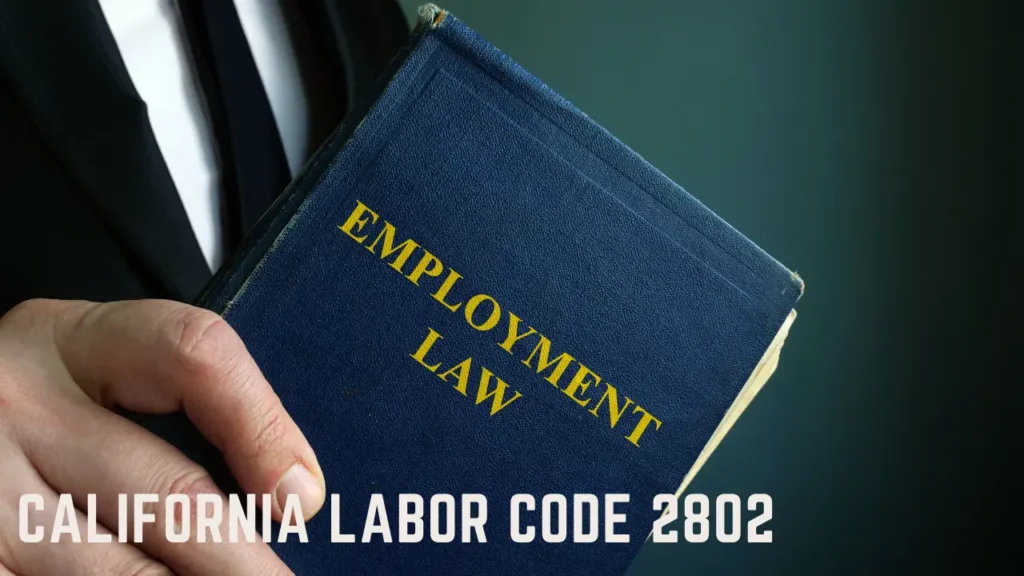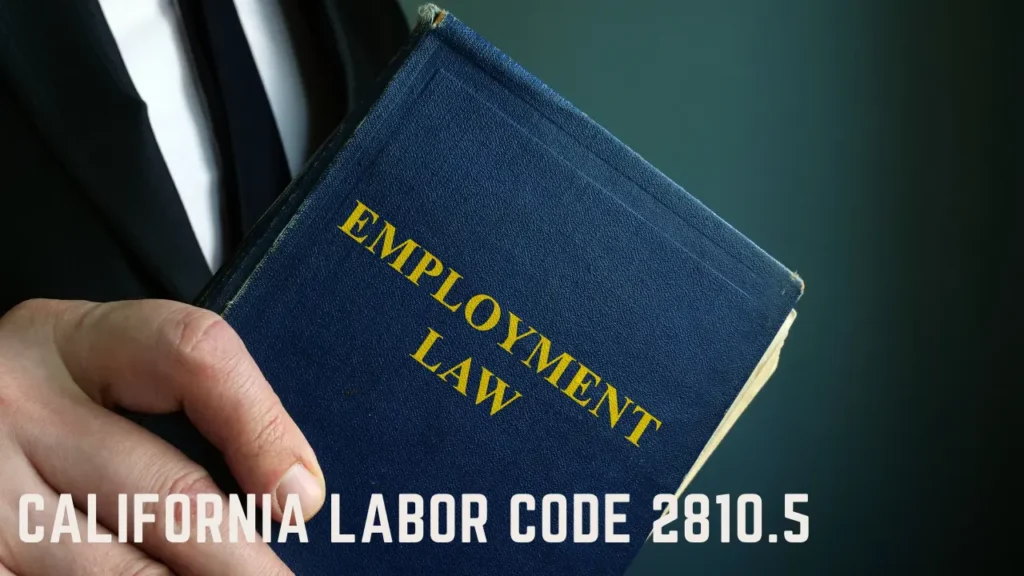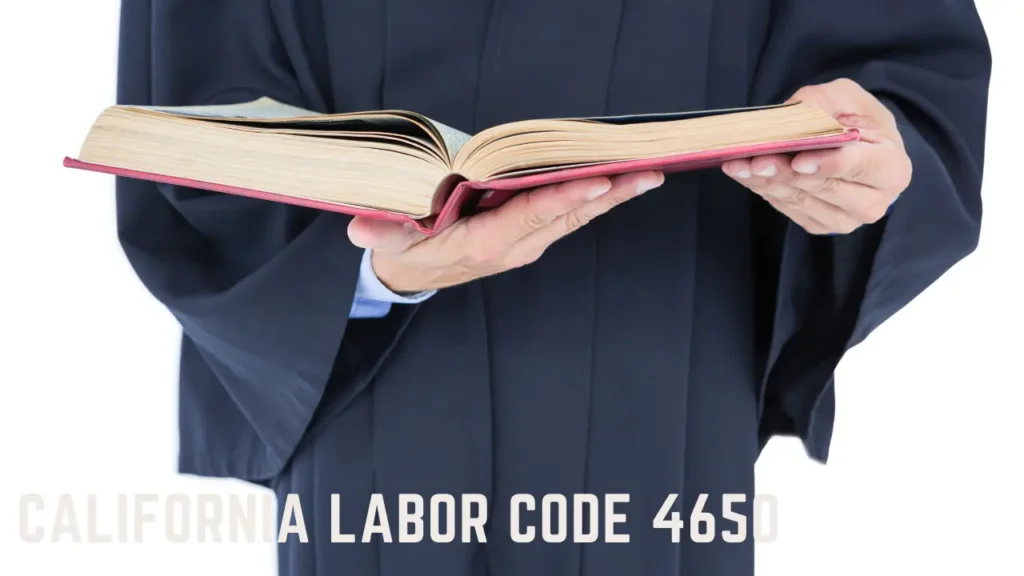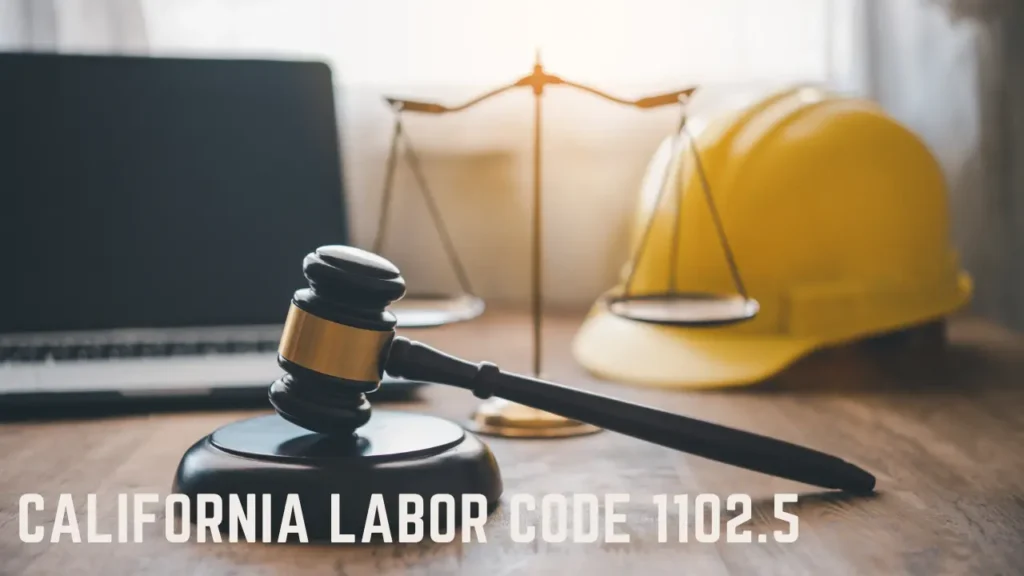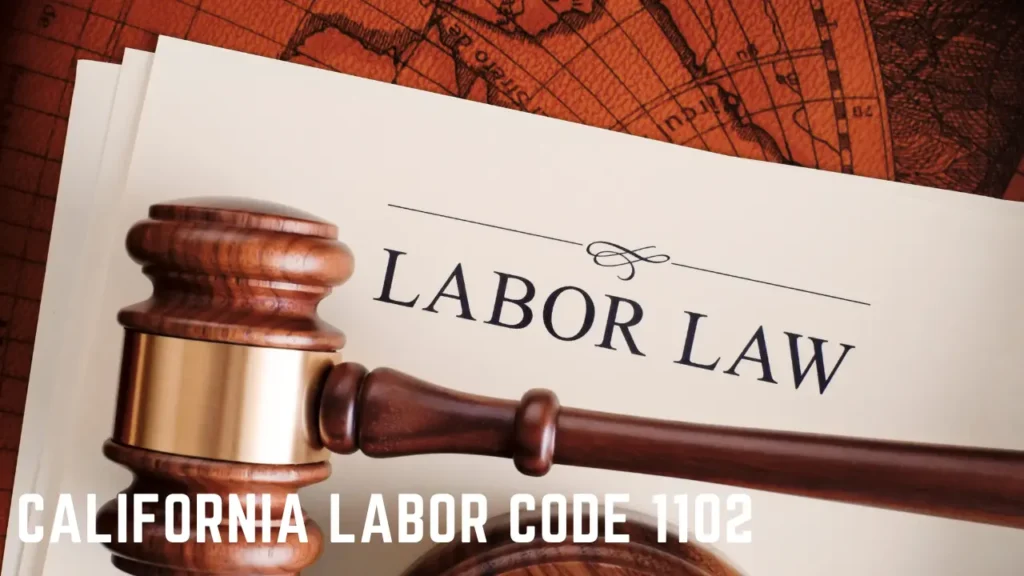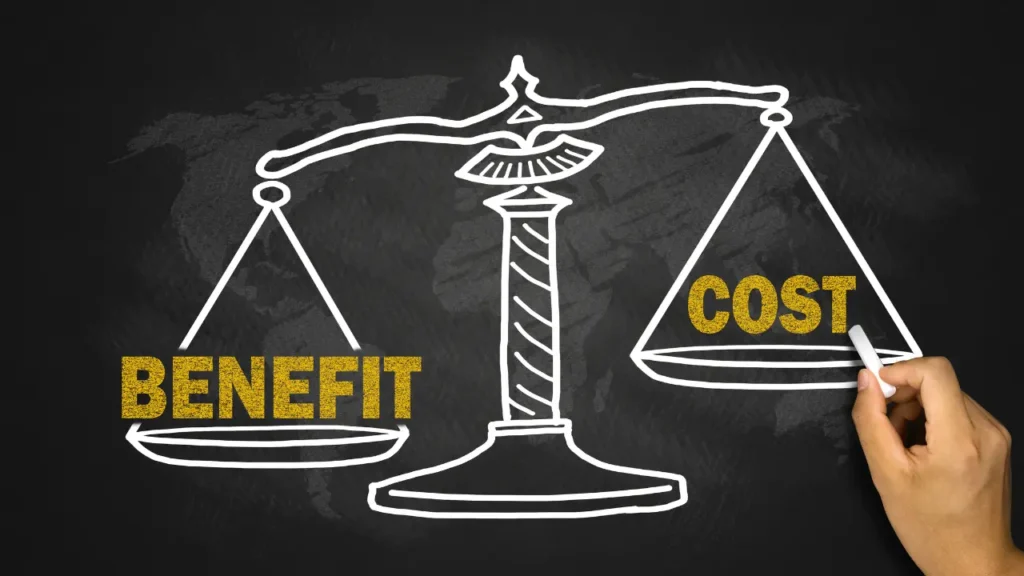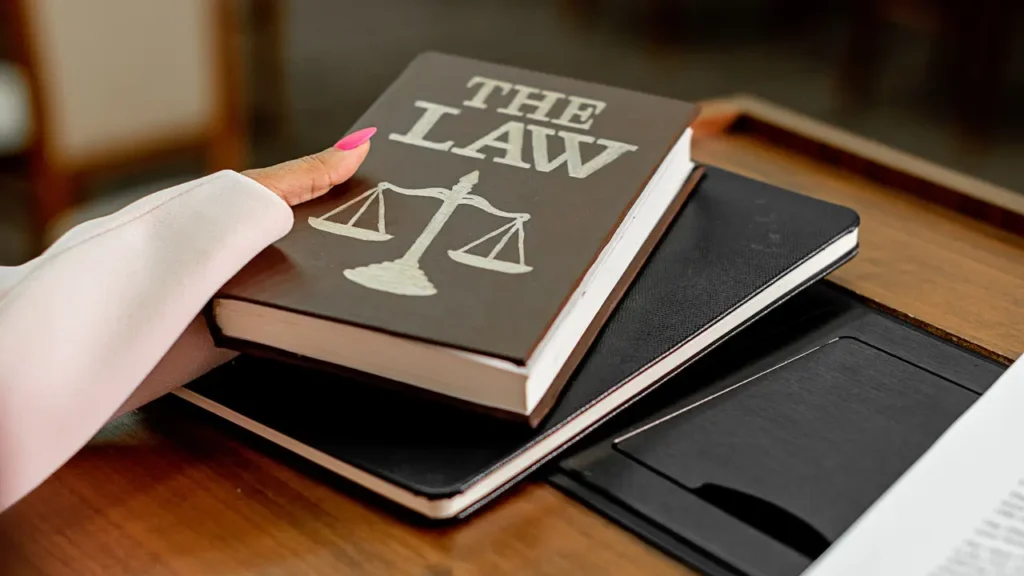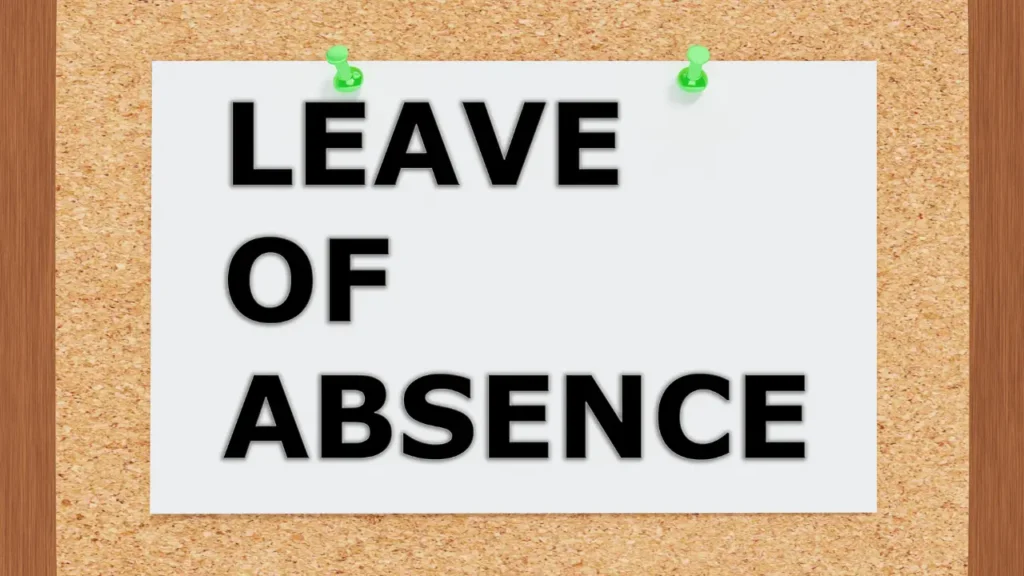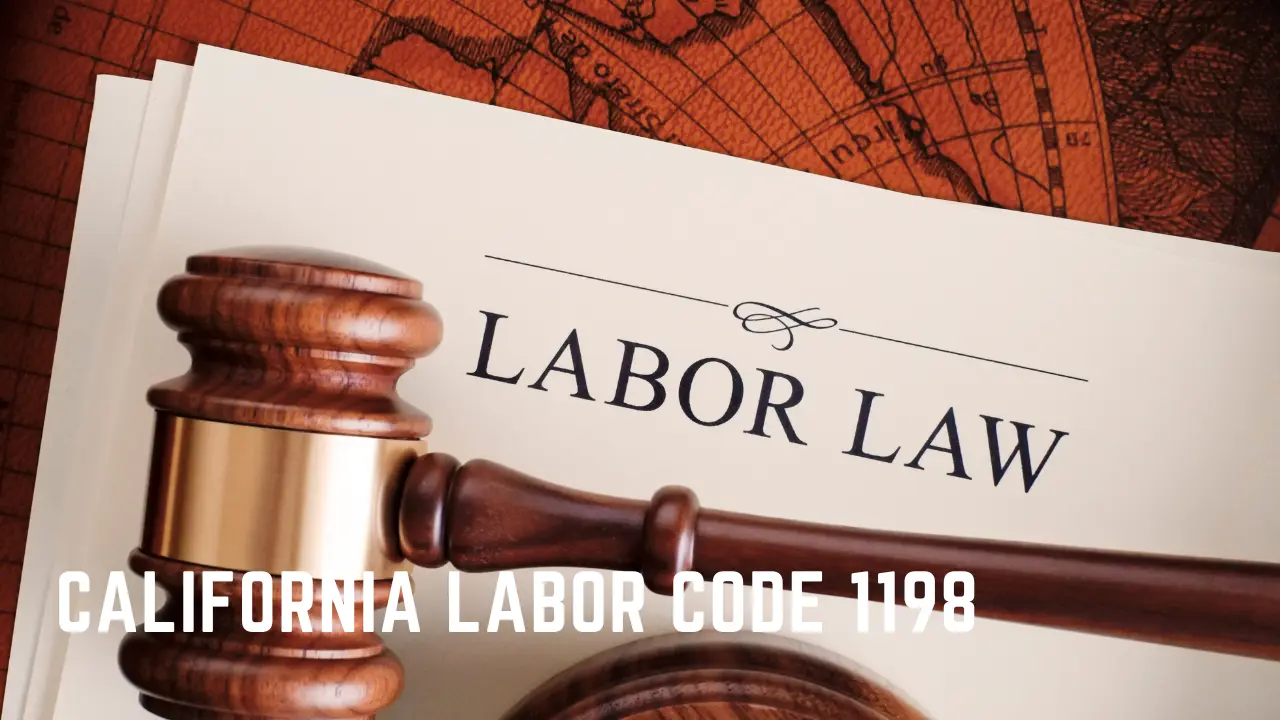Table of Contents
ToggleA minor is anyone under the age of 18 in California, and they are allowed to drive under certain types of restrictions, obviously, if they have their driver’s license after a certain age and passing certain testing. The minor does not likely not to have much assets yet. So, this is generally covered under California Vehicle Code Section 17707.
So, there’s a few points that are worthwhile to know.
- Vicarious Liability: First of all, a parent’s liability goes under the doctrine of vicarious liability. vicarious liability is basically a legal doctrine that holds a different party liable for the at fault party’s actions. So, in this situation, the parent could be liable for the actions of the child, who is a minor.
- Joint and Several Liability: Second point taken in consideration is that they are jointly and severally liable, their parent and the child, the child are both going to be liable for the same amount.
- Different Negligence Standard: A third point to take into consideration is that a child, a minor is going to be held to a different standard of negligence than an adult. So a minor is not held to the same standard as an adult, they are required to use the same care that a reasonably careful child of the same age, intelligence knowledge and experience would use in that situation.
If a plaintiff is able to prove negligence, then the damages could include medical bills, pain and suffering, lost wages.
1. Vehicle Code 17707
So let’s start off by talking about whether Vehicle Code 17707 actually makes the parent liable for the negligence of the child while driving. This Vehicle Code Section essentially states:
Any civil liability of a minor arising out of his driving a motor vehicle upon a highway during his minority is hereby imposed upon the person who signed and verified the application of the minor for a license and the person shall be jointly and severally liable with the minor for any damages proximately resulting from the negligent or wrongful act or omission of the minor in driving a motor vehicle…
Typically, it’s the parent who is going to be signing on behalf of the child in order for the child to obtain a license. Therefore, once the parents sign on for the child to have a license, the parents are assuming liability for the negligence caused on behalf of the child in a car accident.
2. What can a parent do prior to a child causing the accident?
So there are two options generally speaking, that can limit parents liability.
- Child Turns 18: The first option is that the child is no longer a minor, they simply turn at the age of 18, where they are an adult and will be under a different standard than the than if they were a child.
- Withdraw Consent: The second possibility is that a parent can withdraw their consent with the DMV. They’ll have to submit a specific request on the DMV website. This is called a DL142. It’s entitled a Request for a Cancellation or Surrender of a Driver License or Identification Card. The parent will surrender on behalf of the child, and they no longer want to assume liability for that child. Once the parent does that, the child will lose their driving privileges upon that document being processed.
3. What are the elements in order to prove the parental liability for the child?
There are certain elements that a person that is injured has to show in order for a parent to be held liable. They are the basic negligence elements except for the addition of the vicarious liability.
- So first being the child was negligent in the operation of a vehicle, the victim or the plaintiff was harmed.
- The child’s negligence was a substantial factor in causing the harm.
- The parent signed the child’s application for the driver’s license, and
- There hasn’t been some kind of revocation such as the child turning age of majority, or the parent signing the deal 142 discussed earlier.
4. What kind of damages can a parent be liable for?
So in California, there are two types of damages and personal injury lawsuits:
- Economic damages, and
- Non-economic damages.
Economic damages are damages that have an exact, specific dollar. They are used in order to try and put the plaintiffs back into the place that they were monetarily prior to the accident. So examples of this:
- medical bills,
- lost wages,
- other types of property damage.
Those are specific types of economic damages.
The second damage, which is non-economic damages don’t necessarily involve out of pocket expenses. So they’re not exactly not exactly calculable. Like economic damages are. So non-economic damages are generally qualified as pain and suffering damages. Pain and suffering is defined in many different terms. Elements include:
- physical pain,
- mental suffering,
- loss of enjoyment of life,
- disfigurement,
- physical impairment,
- inconvenience,
- grief,
- anxiety,
- humiliation, or
- emotional distress.
Those are the typical types of damages used for non economic damages.
5. What kind of defenses can a parent assert on behalf of themselves to limit their liability?
There are a few common defenses:
- The child was not the driver of the vehicle
- The parent never signed or verified the application for the license.
- The parent withdrew their consent and for the child was not negligent.
Generally speaking, it’s important for the child to drive very carefully, especially when there are new drivers so that these types of things don’t happen. And that is a basic summary of the laws on children, driving and parental liability.

